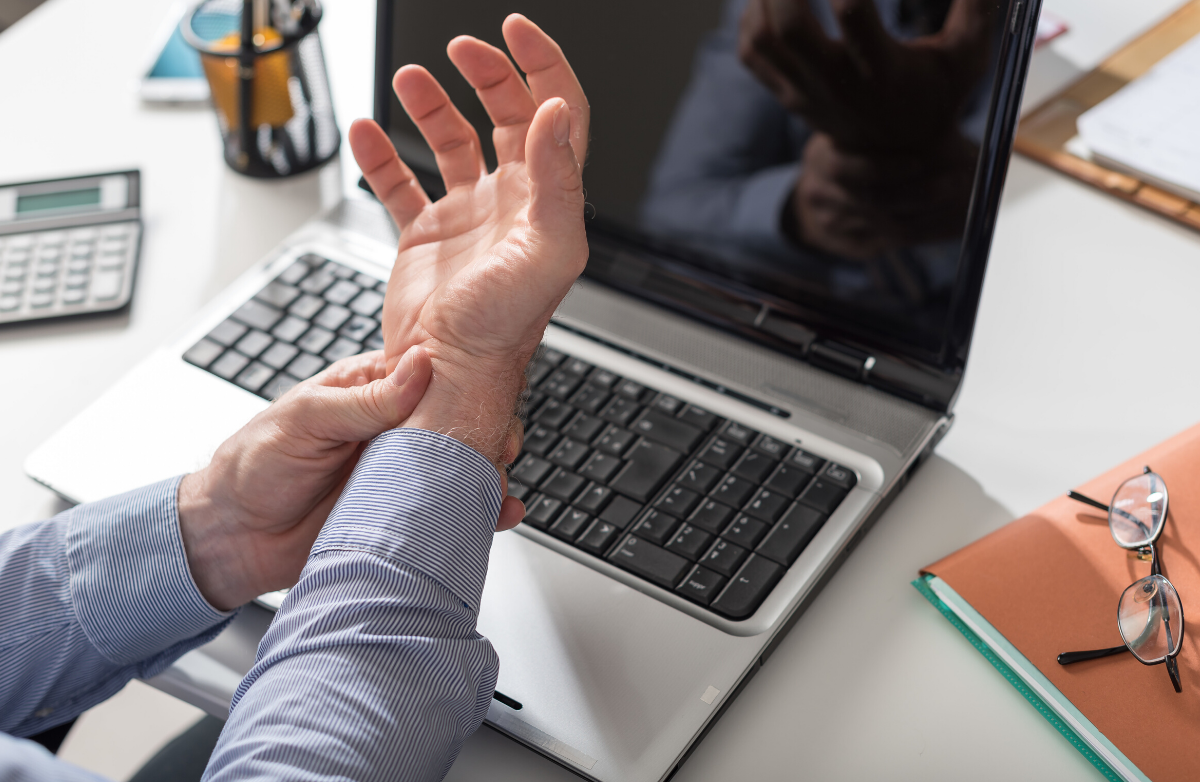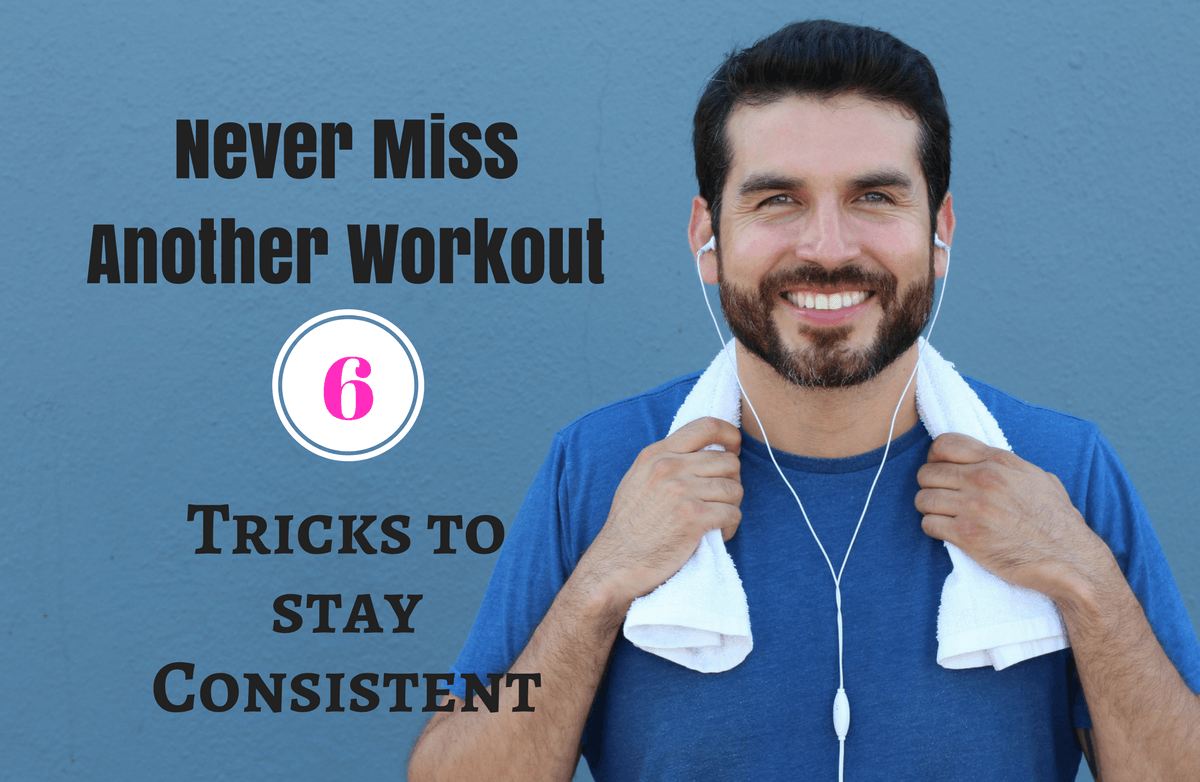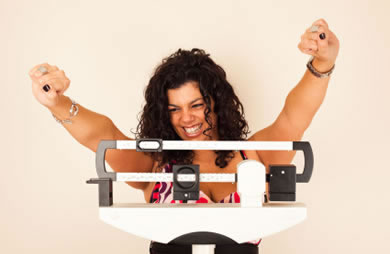By Melissa McCreery, PhD, ACC
Learning to prioritize yourself and to claim time for your goals is critical for long term success with health and weight loss. Staying on track, finding the time, and maintaining motivation can be major challenges when you are trying to develop new habits. It’s all-too-easy for healthy eating, exercise, and self-care activities to slide off the to-do list. You’ve probably been there—you get worn out and lose your motivation or you just can’t figure out how to fit it all in your already busy schedule.
When life gets busy, personal priorities, self-care, or “me-time” may start to feel expendable and to drift off your radar. Many smart, busy people get stuck in the mindset trap of believing that self-care is selfish or a luxury—something you can get to later.
Not true.
Are you putting yourself at the bottom of your priority list?
The way you care for yourself counts and it counts big. The way you prioritize yourself affects your health and fitness goals as well as the time that you can devote to them. It affects your eating. Emotional eating, including stress eating, sky rockets when you aren’t getting what you need in other areas of your life. When you are at the bottom of your priority list, it affects how you show up in your relationships. If you struggle with the (incorrect) belief that making yourself a priority is “selfish,” know that prioritizing your wellbeing sets a powerful example for others in your life.
Taking care of YOU is not a luxury. Like getting regular oil changes for your car, prioritizing your self-care is what allows you to run smoothly and to bring your best to your other priorities and challenges.
The cost of not making and taking time for yourself:
The truth is, when your wellbeing isn’t a priority, just about everything goes downhill. When you don’t devote time and energy to your needs and your health:
- You have less energy and motivation to follow through on your goals
- You are more easily distracted and less focused
- Many people tend to turn to “vices” to fill in the gaps that aren’t being filled with in quality ways. Stress eating and other kinds of emotional eating, smoking, drinking too much, wasting time surfing the internet—these are a few things that tend to show up, waste more of your time and energy, distract you, and contribute to a vicious cycle of decreased happiness and less effectiveness.
- Stress levels are higher
- Sleep is often impaired (or sacrificed)
- It’s common to feel deprived, irritable, more easily frustrated, or impatient
- Creativity suffers and life usually includes less play and fun
- Health is negatively affected
When you’re not a priority, you simply don’t function at your best and your ability to contribute to the world is compromised. If you are trying to lose weight or maintain a fitness routine, without really claiming the necessary time and energy for it, you are sabotaging yourself before you even start.
How to start prioritizing your own needs even if it feels like you are too busy
- Start claiming 10-15 minutes a day for yourself. It won’t take away from your productivity, it will increase it. Really. Use this time to connect with yourself and to pay attention to how you feel and what you need. Journal, walk, meditate, soak in the tub. Try not to save this for the end of the day when you are too tired to move and your brain has stopped working. Pay yourself first or, if necessary, take a break during your day.
- Adopt the following mantras: “I’m doing my best,” and “I can’t do it all.” They are true. Put them where you can see them and remind yourself of them frequently.
- Create effectiveness in do-able steps. Each evening, identify your top three personal action items for the next day and decide when you will accomplish them. Think do-able. If these daily goals seem overwhelming, make them smaller. A fifteen minute walk that you take is better than the 45 minute one you couldn’t fit in. If possible, knock out your personal priorities early in the day.
- Plan for food that fuels you—especially when time is tight. Don’t skip breakfast, have a plan for lunch, and don’t starve yourself before dinner. Make sure you have the groceries that you need. Choose foods that are appealing. No starvation diets.
- Cut the multitasking. It stresses us out and makes us less effective. Practice focusing on doing one thing at a time. You won’t get it perfect, but that’s okay, remember step number two.
- Take emotional eating seriously. It’s often a signal that life is out of balance and your personal priorities need more attention. Emotional eating happens when our spirit or our life isn’t getting fed the non-food things we need or crave. We have to pay attention and develop other ways of caring for ourselves instead of turning to food, huge changes are possible. This can be complicated but it doesn’t have to be overwhelming. If you feel stuck, consider an emotional eating program or coach. There is so much more to life than this vicious cycle.
- Don’t skip #1 (you’ll probably be tempted).
Learning to prioritize your own needs is a process, but you don’t have to get it perfect to see big, far-reaching benefits. Try out these tips and keep me posted on your progress.
Please share: what helps you keep your priorities front and center?

Dr. Melissa McCreery is a Psychologist, Coach, and the founder of TooMuchOnHerPlate.com where she helps busy women get to the root cause of their emotional eating, overeating, and stress so that they can create more effectiveness and joy in their health and their lives. Dr. McCreery is the author of the Emotional Eating Toolbox 28 Day Program and the Success Soundtrack: How to Create More Ease, Flow, and Me-time in 10 minutes a day. A busy woman herself, Melissa lives with her husband and two teenage sons in the beautiful Pacific Northwest where she enjoys running on the incredible trails, island views, and of course, great coffee.
|
|



















.jpg)

